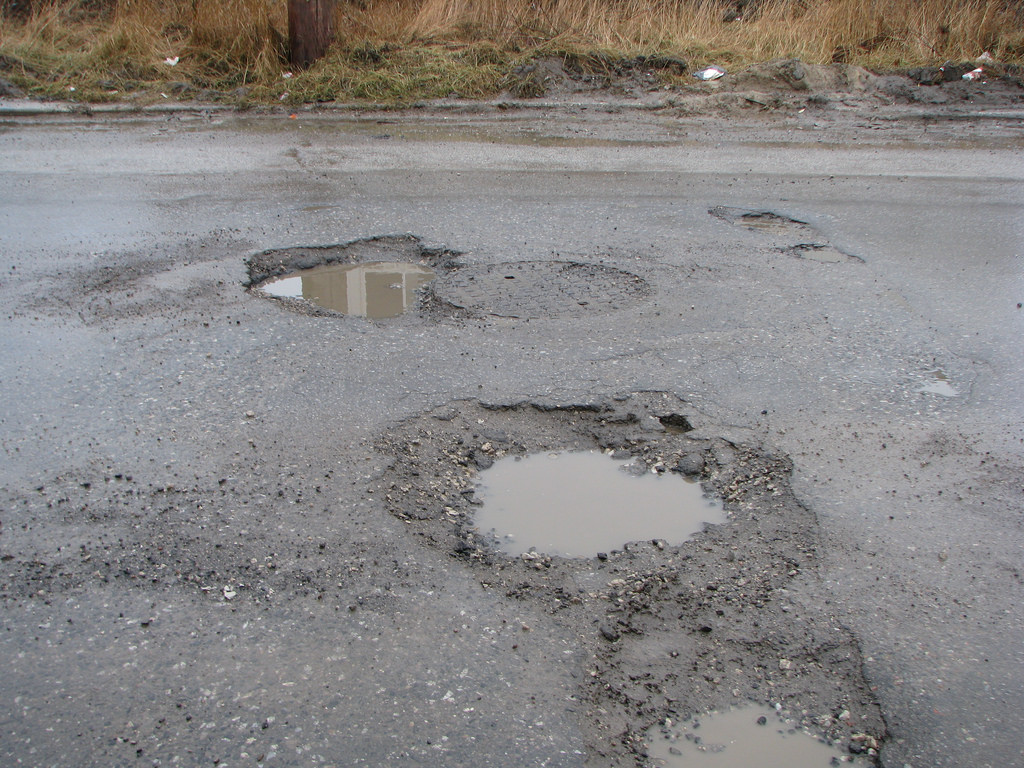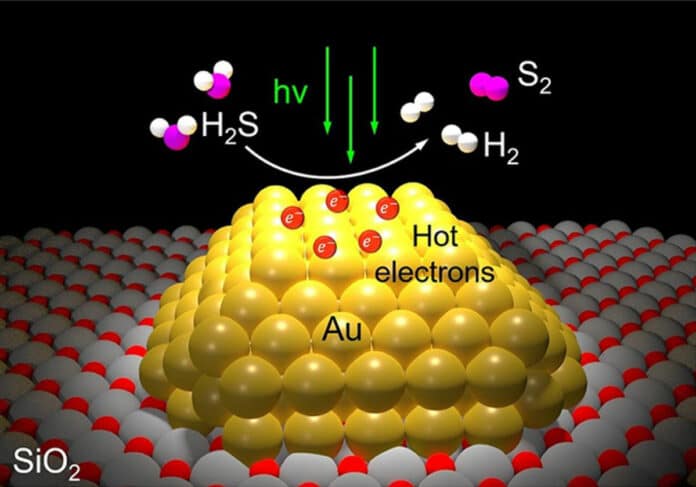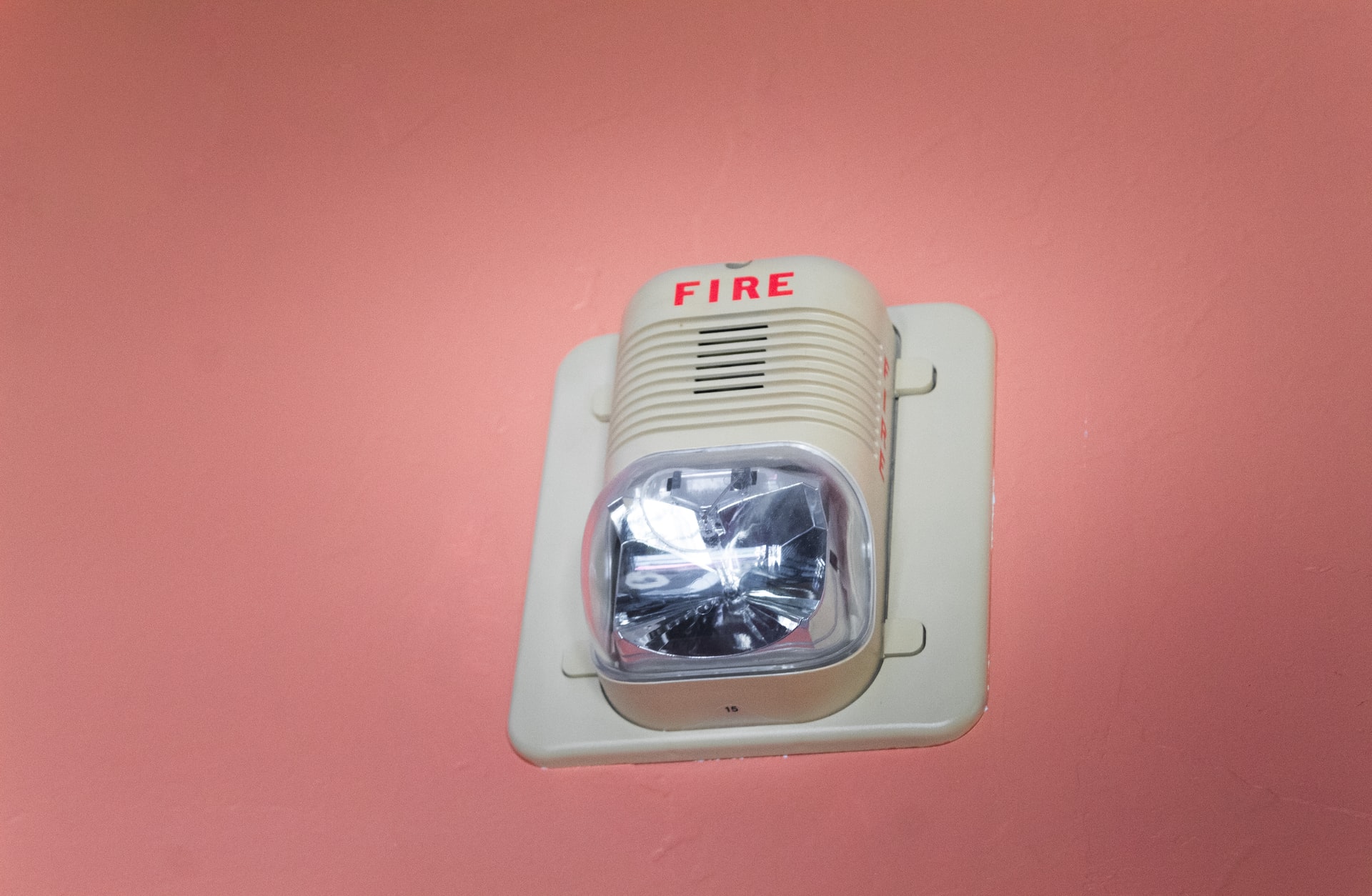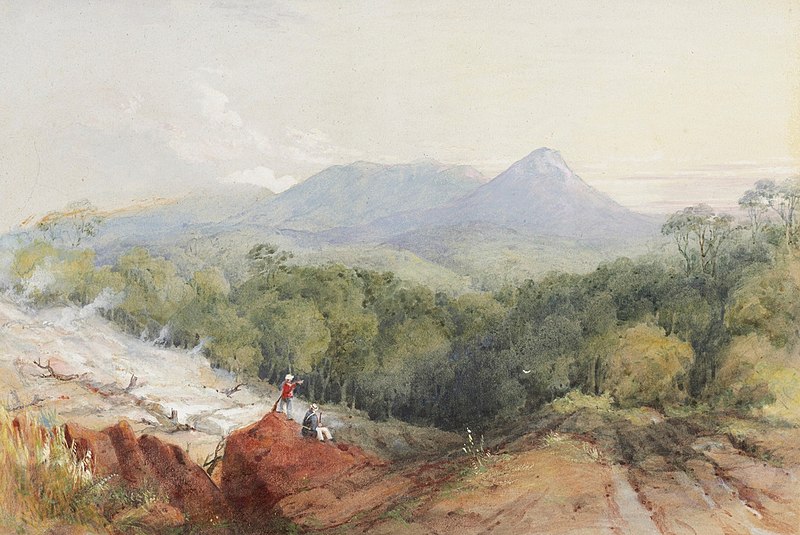Roads are always subject to wear and tear depending on traffic and weather. Each year tons of money is spent on repair of these potholes.
However, potholes could soon become a relic of the past as the scientists from Delft University, Netherlands have invented self-healing roads to solve this problem.
Basically, scientists have developed an altered form of asphalt. They added steel fibers to bitumen, which is normally used as a binding agent for holding the stones together. This infusion makes the asphalt conductive. When a large induction machine is run over these roads, the bitumen is melted, and cracks are closed.
Currently, 12 self-healing roads are undergoing testing in the Netherlands. One self-healing asphalt road has already been operational in the Netherlands since 2010. All these roads are in great condition and serving the purpose well.
This new approach to healing roads would double the lifespan of a road and dramatically reduce maintenance costs. Moreover, these roads would mean fewer loose stones to flick up and chip windshields.
As per Erik Schlangen, a materials scientist at Delft University, the Dutch government could save $9 million by implementing these self-repairing roads, although overall cost of the material would be 25% more expensive than normal asphalt.
Schlangen said, “Putting steel fibers in the asphalt means that you can send information to it, so it might be possible to charge electric cars on the road they’re driving on. This is early, but we are going to make some trials in front of traffic lights, where the idea is that you can charge your car a bit while waiting in traffic.”







